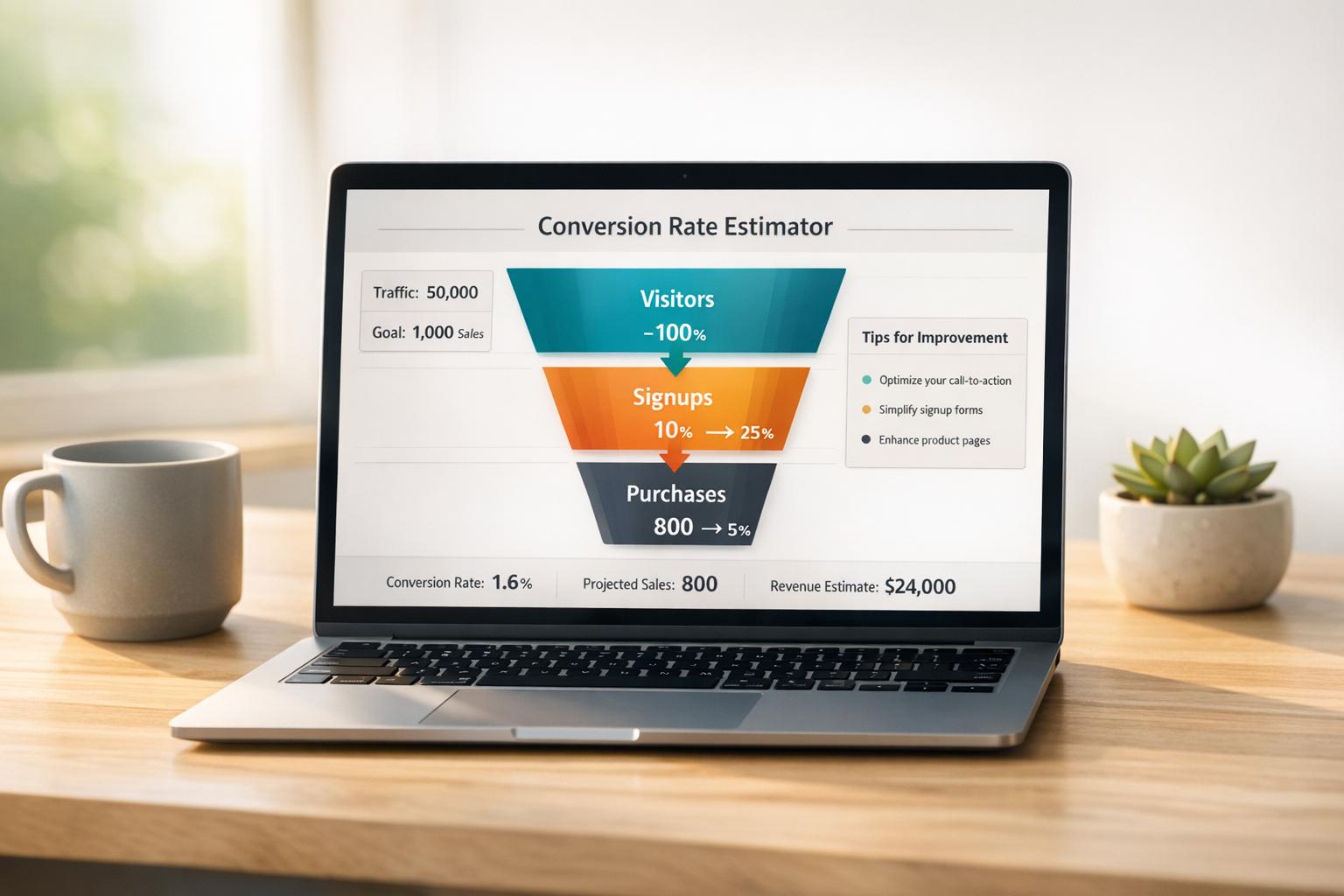

What Are Long Tail Keywords Examples & Why They Matter

What Are Long Tail Keywords Examples & Why They Matter
 12-03-2025 (Last modified: 21-05-2025)
12-03-2025 (Last modified: 21-05-2025)
If you’ve ever tried ranking for a highly competitive keyword like “fitness tips” or “best shoes,” you’ve probably felt like a small fish in a very big (and crowded) pond. But what if you could swim in a less competitive pond where the fish are actually looking for what you offer? That’s where long tail keywords come in.
So, what are long tail keywords examples? And why should you care? Let’s check it out with some interesting real-world analogies, and actionable insights to help you rank higher, convert better, and finally get noticed by the right audience.

What Are Long Tail Keywords Examples?
Long tail keywords are longer, more specific search phrases (usually three words or more) that target a niche audience rather than broad search terms. They have lower search volume but higher intent, meaning the people searching for them are more likely to take action.
Think of broad keywords like a crowded concert where everyone is screaming. Long tail keywords are like a small indie coffee shop where people actually listen when you talk.
Short vs. Long Tail Keyword Examples:
| Short Tail Keyword | Long Tail Keyword |
|---|---|
| “running shoes” | “best running shoes for flat feet in 2025” |
| “coffee maker” | “best coffee maker for small apartments” |
| “SEO tools” | “free SEO tools for bloggers” |
| “protein powder” | “best plant-based protein powder for weight loss” |
The difference? Long tail keywords narrow the searcher’s intent, meaning they attract people who are ready to buy, sign up, or take action.
Why Should You Use Long Tail Keywords?
If you’re still wondering why long tail keywords matter, here’s why they should be your SEO best friend:
- Less Competition: You won’t be competing with massive brands for rankings.
- Higher Conversion Rates: The more specific the search, the closer the user is to taking action.
- Better User Targeting: You attract the right audience, not just any traffic.
- Great for Voice Search: Most voice searches are long and conversational (e.g., “What’s the best yoga mat for bad knees?”).
Example: Someone searching for “shoes” might be just browsing. But someone searching for “best waterproof hiking boots for wide feet” is likely ready to buy.
Real-World Examples of Long Tail Keywords in Action
Let’s bring this concept to life with some fun (and very real) examples.
Example 1: The Pizza Dilemma
Imagine you own a pizza shop in New York. Trying to rank for “pizza” would be like standing in Times Square yelling, “We sell pizza!” – good luck getting noticed.
Instead, using a long tail keyword like “best gluten-free pizza in Brooklyn” tells Google exactly what you offer and helps hungry, gluten-free pizza lovers find you.

Example 2: The Fitness Blogger
A fitness blogger writing about weight loss could use “weight loss tips,” but they’d be up against millions of results. Instead, targeting “best weight loss tips for new moms with no time to exercise” ensures they reach the exact audience they want.
Example 3: The Tech Reviewer
If you’re reviewing headphones, targeting “best headphones” is an SEO nightmare. But “best noise-canceling headphones for studying in coffee shops”? That’s a niche audience who’s ready to buy.
How to Find Long Tail Keywords (Without Losing Your Mind)
So, you’re convinced that long tail keywords are amazing. But how do you find the right ones?
1. Use Google Autocomplete
Start typing a broad keyword into Google and let it suggest longer search terms. If you type “best laptop for…” you’ll see options like:
- “best laptop for video editing on a budget”
- “best laptop for college students under $500”
- “best laptop for working from home”
2. Check “People Also Ask” & Related Searches
Google literally gives you golden long tail keyword ideas under its search results in the “People Also Ask” section.
3. Use Keyword Research Tools
SEO tools like Ahrefs, SEMrush, Ubersuggest, and AnswerThePublic can generate hundreds of long tail keyword suggestions based on real search data.
4. Spy on Competitors
Check out what top-ranking competitors are using. If they’re ranking with a long tail keyword you haven’t thought of, steal—I mean, borrow—that idea.
5. Think Like Your Customer
What questions would your audience ask? If you sell hiking gear, your customers aren’t searching for “boots.” They’re searching for “best hiking boots for wet trails” or “most comfortable hiking boots for long hikes”.
Where to Use Long Tail Keywords for Maximum Impact
Once you have long tail keywords, here’s how to use them effectively:
- Title Tags & Meta Descriptions: Make them compelling and keyword-rich.
- Headings (H1, H2, H3): Structure your content around your keywords.
- URL Slug: Keep it short but keyword-relevant (e.g. yoursite.com/best-noise-canceling-headphones)
- Throughout the Content: Naturally integrate your keyword in the intro, body, and conclusion.
- Image Alt Text: Optimize your images for search engines.
- FAQs Section: Answer common search queries in an FAQ format.
Final Thoughts: Why Long Tail Keywords Are Your SEO Secret Weapon
If you’re tired of battling for competitive keywords with big brands, it’s time to embrace long tail keywords. They:
- Reduce competition
- Bring higher-converting traffic
- Align with voice search trends
- Help niche businesses thrive
The next time you’re crafting content, ask yourself ‘What are long tail keywords examples?’. Don’t just go after “pizza,” “headphones,” or “fitness tips.” Instead, aim for “best gluten-free pizza in Brooklyn,” “best noise-canceling headphones for studying,” or “fitness tips for busy new moms.”
Need help with keyword research? Check out our Content SEO Best Practices for more ways to boost your rankings and grow your audience!
Long Tail Keywords – FAQ
What are long tail keywords in SEO?
Long tail keywords are longer, more specific search phrases (usually 3+ words) that target niche topics or user intent. They typically have lower search volume but higher conversion rates and less competition.
How do long tail keywords improve SEO?
They help you rank higher by targeting less competitive queries, attract more relevant traffic, and match user intent better—especially in voice search and question-based queries.
Where should I use long tail keywords on a website?
Include them in page titles, headings, meta descriptions, image alt text, URLs, product descriptions, blog content, and FAQ sections for maximum impact.
How can I find long tail keywords?
Use tools like Google Autocomplete, “People Also Ask,” AnswerThePublic, Ahrefs, and SEMrush. Also analyze competitor content to find keyword gaps.
Should I replace short tail keywords with long tail ones?
Not necessarily—use both. Long tail keywords help you capture highly targeted traffic, while short tail keywords support broader visibility and branding.
say hello to easy Content Testing
try PageTest.AI tool for free
Start making the most of your websites traffic and optimize your content and CTAs.
Related Posts

 09-02-2026
09-02-2026
 Ian Naylor
Ian Naylor
Content Variation Idea Generator
Struggling with fresh content ideas? Use our Content Variation Idea Generator to brainstorm unique angles and formats tailored to your audience!

 07-02-2026
07-02-2026
 Ian Naylor
Ian Naylor
Website Conversion Rate Estimator
Estimate your website’s conversion rate with our free tool! Input traffic and goals to get tailored insights and tips to improve your results.

 05-02-2026
05-02-2026
 Ian Naylor
Ian Naylor
Landing Page Element Analyzer
Analyze your landing page with our free tool! Get actionable insights on headlines, CTAs, and layout to skyrocket user engagement and conversions.
